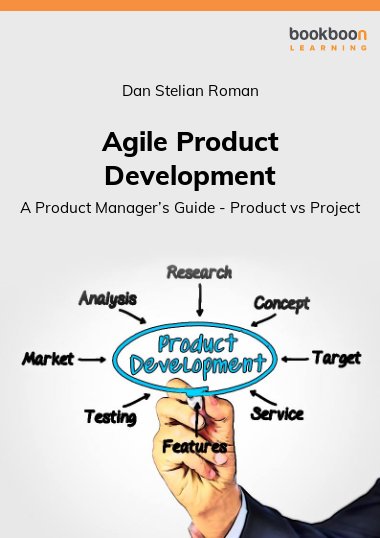A project is defined by cost, time, and the desired output. That output may or may not become an outcome and increase the profit or the likelihood of achieving the goals. Whilst everyone agrees that greater Agility is essential to adapt the project outcome to changes in requirements, when looking at Agile ‘successes’ we need to accept that Agile comes at a cost, and the cost should justify the benefits, rather than Agile becoming the focus. This book is about combining project management and product development practices to ensure successful delivery.
About the Author
Dan is an experienced Project Manager with over 35 years commercial experience. He started his career as a specialist in Computer Aided Design and Manufacturing (CAD/CAM) following his involvement in research during university studies. After a successful career in research when he also published articles and books on various topics, mainly Computer Aided Design & Manufacturing and Computer Graphics he managed large development teams and then moved to Project Management and is now specialized in Business Transformations Projects.


